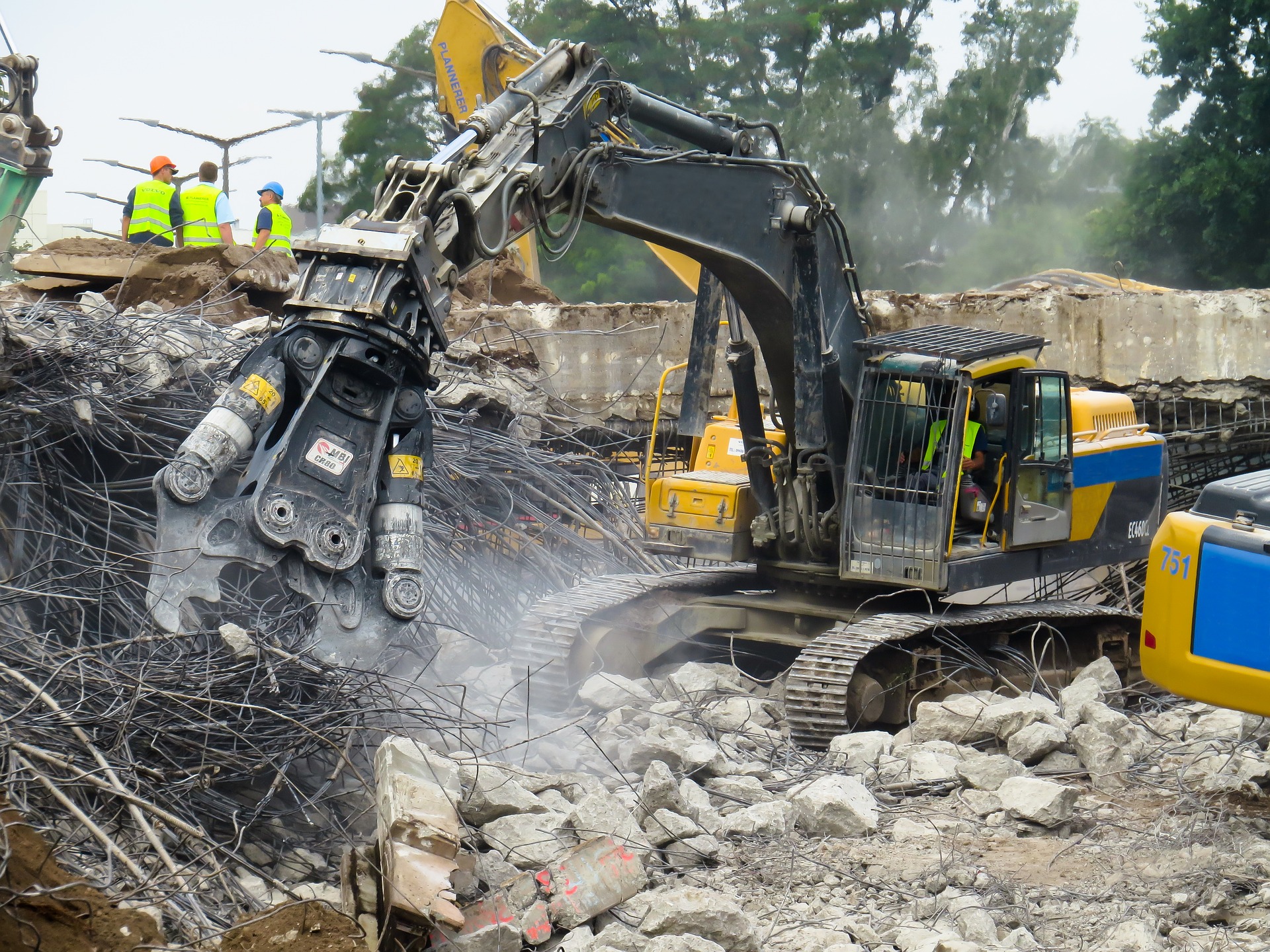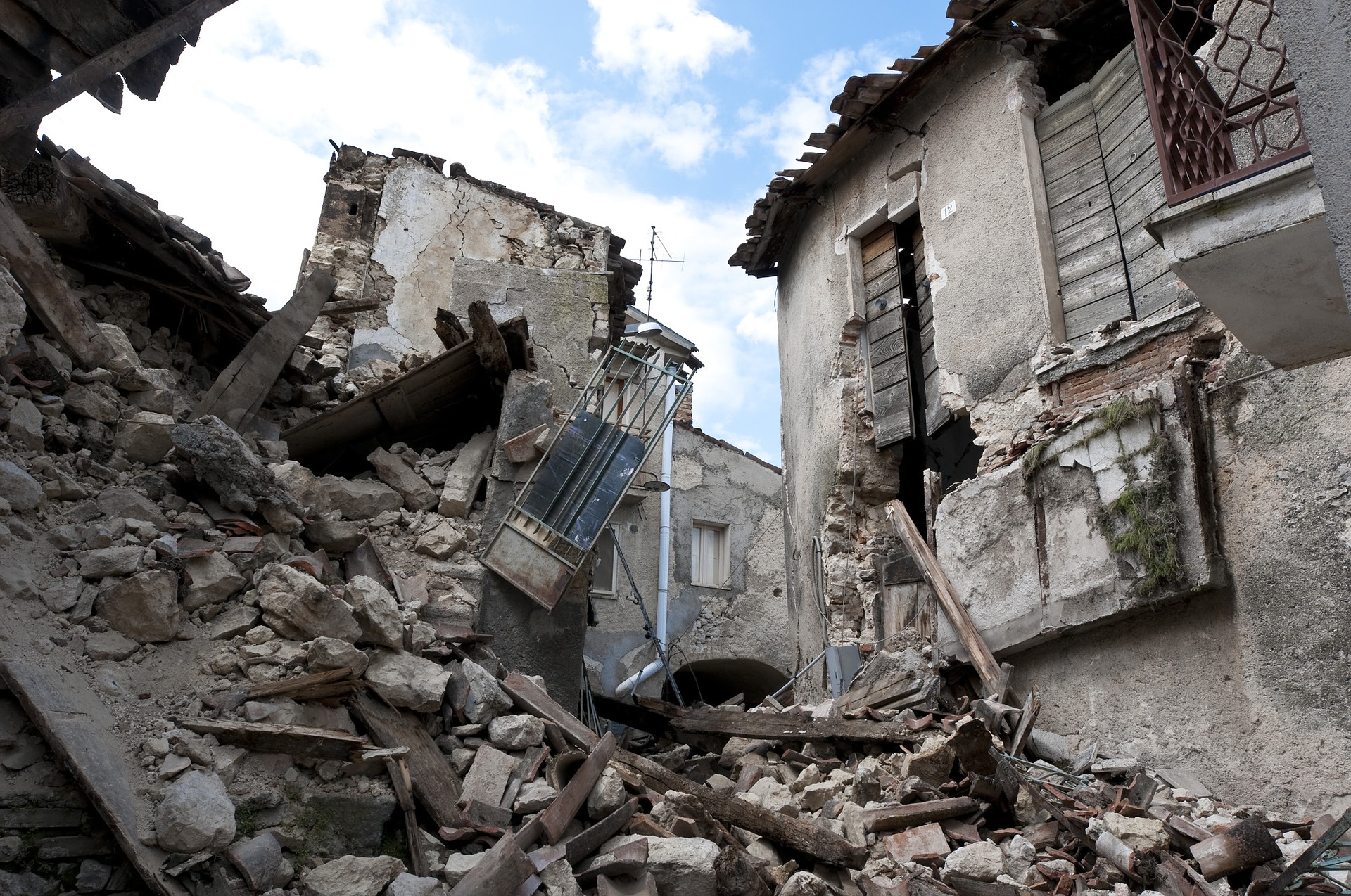Earth quakes and life has one thing in common. Both are unpredictable!
In spite of monumental advancement in the field of science and technology, even the best minds and ace researchers around the globe could not develop any technology that can successfully predict earthquakes.
1) Get under the bed
The beds and furniture (including the study table) have saved innumerable lives during major quakes across the globe and are counted among the most loyal shelters that can help you survive a deadly quake…sometimes even for days.
As soon as a quake starts, grab a pillow or cushion and get under a bed or a table and cover our head with the pillow for additional safety. Even if the building collapses you will still be safe under the bed.
2)Avoid stairs and lifts
One of the most life risking things to do during an earth quake is to run down the stairs or get inside the lifts. NEVER DO THIS! Chances of stumbling over the steps and rolling down are maximum in such cases.
3) Stay calm
A steady mind can handle any situation! The most important thing to do during and after a quake is to stay calm and act with a presence of mind. This is more important for people getting trapped under the rubble of buildings for long hours and in worst cases, for days. If ever you face such a situation in life, the most important thing that can help you survive is your will power and Never-Say-Die attitude.

If there is one thing that is common among the people who have survived for days after being trapped under rubble, it is their tenacious effort and will to live. And in case you need some inspiration read this story about how a man survived 27 days under a rubble
4) Stay safe outside
Stay away from transformers, trees, and giant installations as these may collapse on you. Steep cliffs are risky too as the chances of landslides increase many folds during an earthquake. If you are outdoors during a quake, run toward open areas and stay there till the quake stops.
Large water bodies and especially the seashores are very dangerous as the chances of Tsunami increases after an earthquake. In case you are near seashore during an earthquake, run toward higher ground for safety.
Places to avoid during a quake
As soon as a quake strikes, move away these places ASAP:
1) Kitchen
2) Balcony
3) Staircase and lifts
4) Under overhead shelves and book racks
5) Under tall buildings and construction areas

Things to remember if you are trapped under debris
In an unfortunate event of you getting trapped under rubble remember these guidelines:
1) Do not scream or shout continuously as this will drain your energy. The rescue team may take hours and sometimes days to clear debris and reach the victims. You need energy and determination to stay alive in such a case.
2) Cover your face with hands and breathe slowly in order to avoid inhaling debris or unwanted dust particles.
3) Avoid inhaling and exhaling through the mouth as this will end up making you too thirsty too soon.
4) Do not panic. Hold on and have faith on god.
Precautionary Measures
Prevention is always better than cure. Since no known technology can predict this disaster, it is better to take some precautionary measures in order to provide maximum possible security to yourself as well as your family members.
1) Free your home from weak or loose heavy fixtures.
Avoid keeping heavy objects like suitcases, bags, utensils, fancy crafts and any other miscellaneous items in shelves and walls above the bed or furniture. When a quake strikes, these objects are the first sources of damage. During a quake, these can fly randomly and injure you.
2) Don’t keep heavy objects in over head shelves.
3) Perform a mock drill in your home to educate your family members about the dos and don’ts of an earthquake strike. This is especially important if you live near earthquake prone areas.
4) Discuss with your insurance broker to ensure that you are financially covered in case your property gets damaged during a quake.
For more information, visit these important government websites related to earthquakes:
